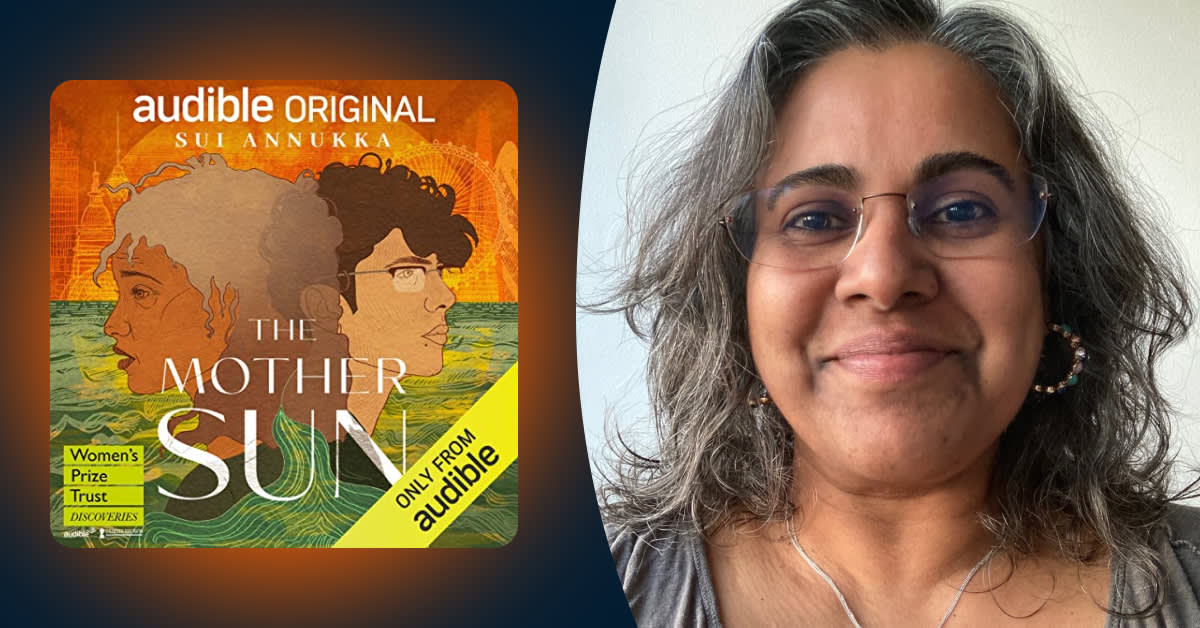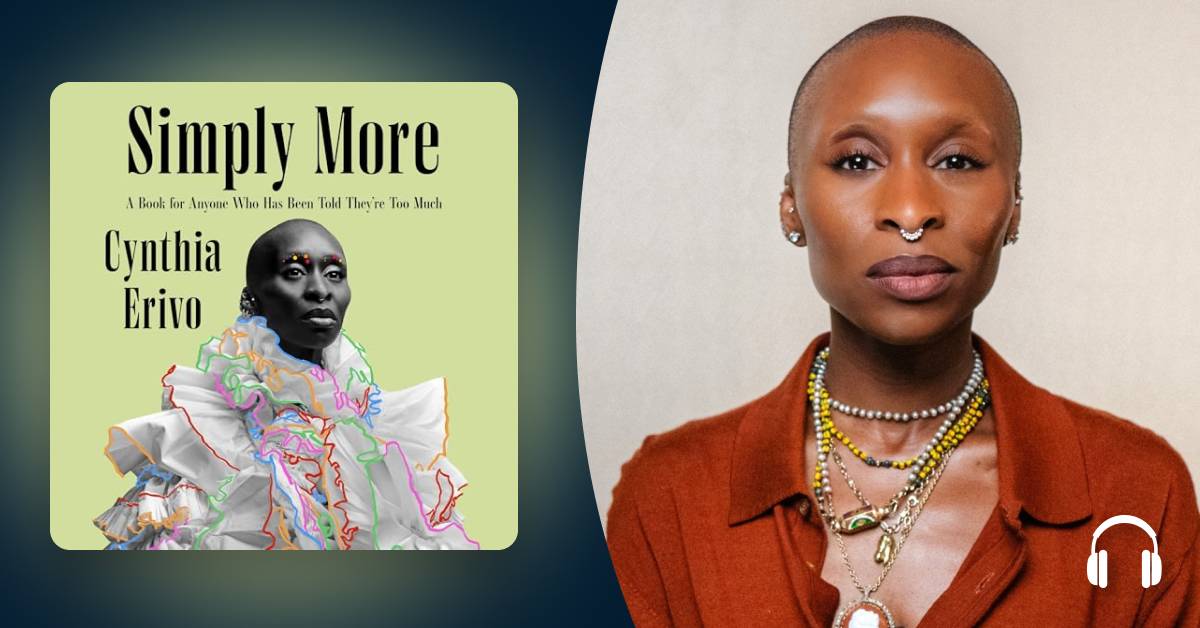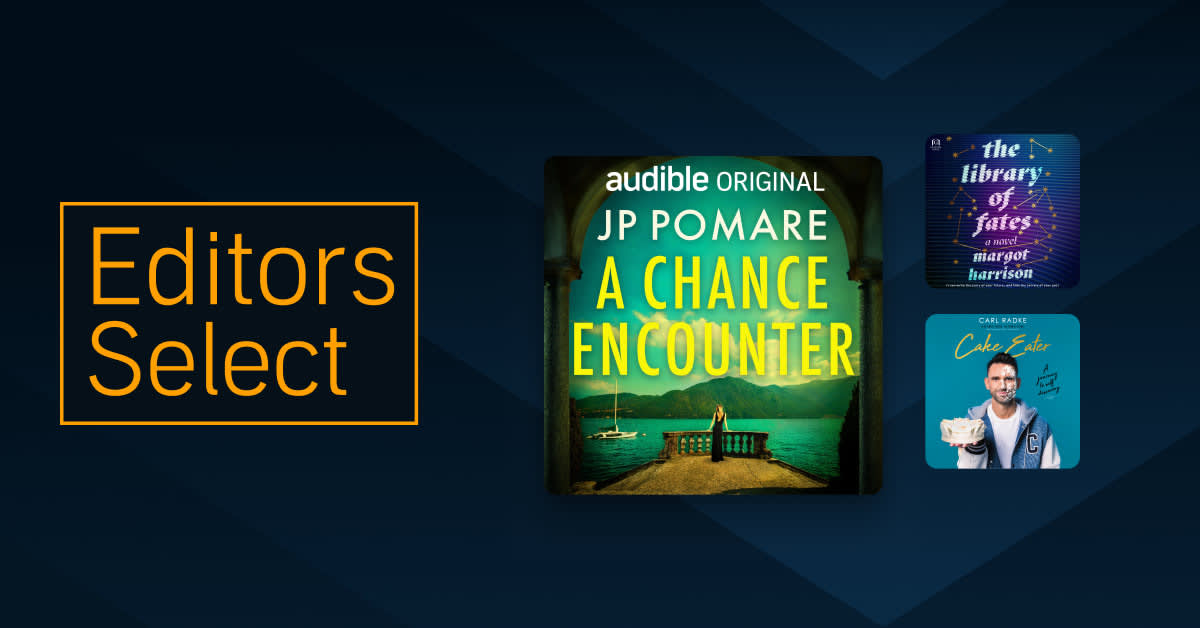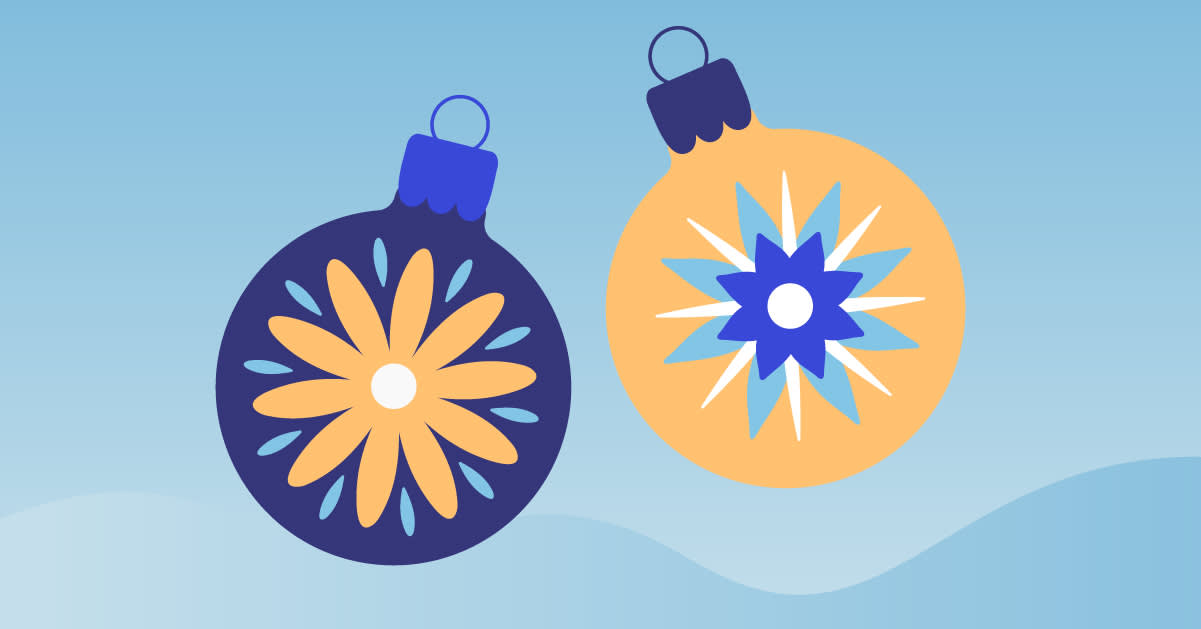How did you get into writing?
My Godmother, who lived with us when we were little, was a brilliant storyteller. She was from Finland – she moved here after the second world war and never went back. She wove our everyday lives in Hounslow with lore from her rural, Finnish background; she added the magic of fairy tales into the mix, and threw in a few American television tropes for good measure. Listening to her conjure stories was, by far, the greatest joy of my childhood. And to this day engaging with stories is probably the only place where I truly feel at home.
My first writing project was a co-authored novel that I started writing with a friend, when were aged (I think) around 9. We had an old typewriter. And huge ambitions. Our tale was heavily inspired by The Sound of Music and featured an impossibly handsome widower. I think my friend had a thing about Baron von Trapp. And I was in love with Julie Andrews. I don’t think we got beyond writing a couple of chapters, but by then I already knew that I wanted to be a writer more than anything else in the world.
Writing is the best! It helps make sense of the world and helps me understand myself. It keeps me alive. It’s magic. It’s alchemy. It’s a way of connecting with and participating in conversations that have been going on for centuries. Whilst it can be a solitary pursuit it is also, paradoxically, a way of reaching out to others intimately — masks off and undefended. I think of my writing as the most beautiful, the truest, part me. I write because I want to connect more deeply, with myself, with others.
How did you find taking part in the WPFF Discoveries Award? What was involved? What did you learn?
Whenever anyone asks me this question, I am fully of cliches: a dream come true, life-changing, and so on. It is so hard to capture the enormity of the impact that winning the Discoveries Prize has had on every aspect of my life and my being. It’s been glorious and dizzying and humbling and expansive in equal measure.
Here are some of the highlights: I received representation with Jess Molloy at Curtis Brown. The prize money of five thousand pounds enabled me to go down to four days a week at work, which has given me more time to write. I received my first professional commission: to write a piece for Audible. I was longlisted alongside 15 hugely talented writers who have become friends and champions; we meet regularly on Zoom and are learning so much from each other. For me, this is one of the most valuable, and fun, parts of the prize. Also, now being part of the Discoveries community, I am part of a larger story, part of a broader literary landscape. It’s been transformative!
How has winning the Women’s Prize for Fiction Discoveries Award 2022 impacted your writing?
Writing my first audiobook has been an absolute blast. I’ve loved it. And hope I get a chance to do more in the future. The timelines have been tight. I started writing The Mother Sun in the July 2022, and it was online by May 2023. The upside of that has been that I haven’t had time to second guess myself or over think things. It’s been so liberating to write with a kind of fury, letting the momentum of the characters and story carry me rather than the other way around.
I knew nothing about the production process of an Audiobook when I started. Nicola Clayton, who directed The Mother Sun was so kind and generous. Knowing that this was my first time, and how nervous I was, she was so thoughtful and reassuring. She talked about audio narration as being like ‘whispering in the listeners ear.’ I love that! I’ve learnt that it’s a particularly intimate form of storytelling. It evokes memories of being read to as children, as well as the connection we feel at the voice of a loved one at the other end of a phone call.
Getting to grips with the number of people involved was interesting too: the commissioning editor, the editor, the producer, the studio team, the cover designer, the marketing, and PR team. And of course, the voice artist. And my agent. It’s quite something to realise that all these talented and busy people are working in service of your manuscript. As the writer, I felt a huge responsibility to be telling a story that was worth their time and effort. I was also learning how to convey my ideas about the story so that everyone could hold the same vision, whilst interpreting the text and bring their own ideas and creative sensibilities to the piece. It was fascinating to watch myself trying to do this!
How would you describe The Mother Sun and what are the key themes?
The Mother Sun is about woman in her early 40s, Surya Jayakody, a recently bereaved account manager from Colombo, who arrives in London for a marketing conference. Here she tracks down a young man, Rafe Brigman, who she gave birth to seventeen years ago in an illegal surrogacy arrangement with Annabelle and James Brigman, a middle-class, white, English couple.
Surya befriends Rafe who has dropped out of his posh private school and is now working in a café. As she wrestles with telling Rafe who she really is, Surya starts unravelling. She is forced to process the traumatic circumstances that led to the surrogacy agreement with the Brigmans and grieve the more recent loss of her husband and stepdaughter. And, before returning home, she must also address her feelings for her boss and long-term champion, Ishani Fonseka.
There’s a lot going on for Surya in this story. It’s about loss, about motherhood. It’s also a lesbian love story. But, for me, it’s more about how complex dynamics of power and privilege play out in personal relationships.
What inspired you to write The Mother Sun? Are any of the characters inspired by people in your life?
Between the ages of 7 and 14, I lived in Colombo. At the time I was aware of the adults around me whispering about rumours of a baby farm that had been set up close to where we lived. Girls from poor villages were, allegedly, being imprisoned there and forced to carry babies for European couples. I remember being appalled and terrified by the thought of it. And I have always been aware that I would write something inspired by the horror I felt as a child. When I got the Audible commission, the idea started making a lot of noise in my head. It was very clear to me that now was the time.
In complete contrast, the way the ‘rag back story’ arrived on the page was unexpected.
For a short time, I attended a high-status private school in Colombo. I remember girls talking about older siblings or cousins having to lie about their backgrounds for fear of reprisals from raggers at the university: they would lie about the school they went to, dress and speak to appear more working-class. Also, my mum knew of a couple working-class, young people who dropped out of university, because they couldn’t deal with the abuse. In a culture that values education so highly, the rag is something that made no sense to me at all. And I have been carrying around an impotent rage about it since I was child.
When thinking about Surya’s reasons for becoming a surrogate, the idea had me by the throat, but I really didn’t want to talk about it because it is such politically charged, divisive, subject in Sri Lanka. I felt I would be criticised for shining a light on it. In my first draft, I chose to just mention it one line, the rag had got her, knowing that Sri Lankan listeners would fill in the blanks.
However, my agent and my writing group beta reader all said that it needed unpacking. So, then I did go and research rather than just relying on my emotional memory and second-hand accounts. It was a hard scene to write (though it is very tame in comparison to the kind of abuse that has historically taken place) but now I am very glad that I did. There was part of me that needed to do it. And then link it to the larger issues around class and gender violence in Sri Lanka—which Mrs Bandara later elaborates on.
Surya’s queerness and her relationship with Ishani is something I feel that I was writing as a gift to myself — as characters that give me hope of a happily ever after. Also, I was writing in tribute and celebration of the LGBTQI+ community in Sri Lanka who, in my view, show such courage and fortitude, and despite the homophobic cultural context, by living beautiful, vibrant and sexy lives.
After all she had been through, I wanted Surya to have a joyful future that was secure and creative. And I wanted her relationship to be supported and celebrated. I think Mr Singh and Mohan make great in-laws. I really hope there are Lankan Lesbians out there who are cheering for Surya and Ishani.
Are you working on anything new at the moment?
I am currently working on a novel called Thursday. It was my entry for the Discoveries Prize. It’s set in London on one fateful Thursday during which three characters (two women and a girl) try and escape from their lives. Needless to say, their bids for freedom don’t go according to plan. Having put this novel aside to focus on The Mother Sun, it’s good to be back working on it.
Praise for The Mother Sun
‘This was a wonderful story. It was narrated so beautifully that I could picture every scene. Such a rich and gentle way to tackle very serious and disturbing issues. I loved it, it should be a film’ – Anonymous listener.
‘These compelling, noisy, emotional, beautifully drawn characters will live in my head and my heart for ever.’ – Audible listener




